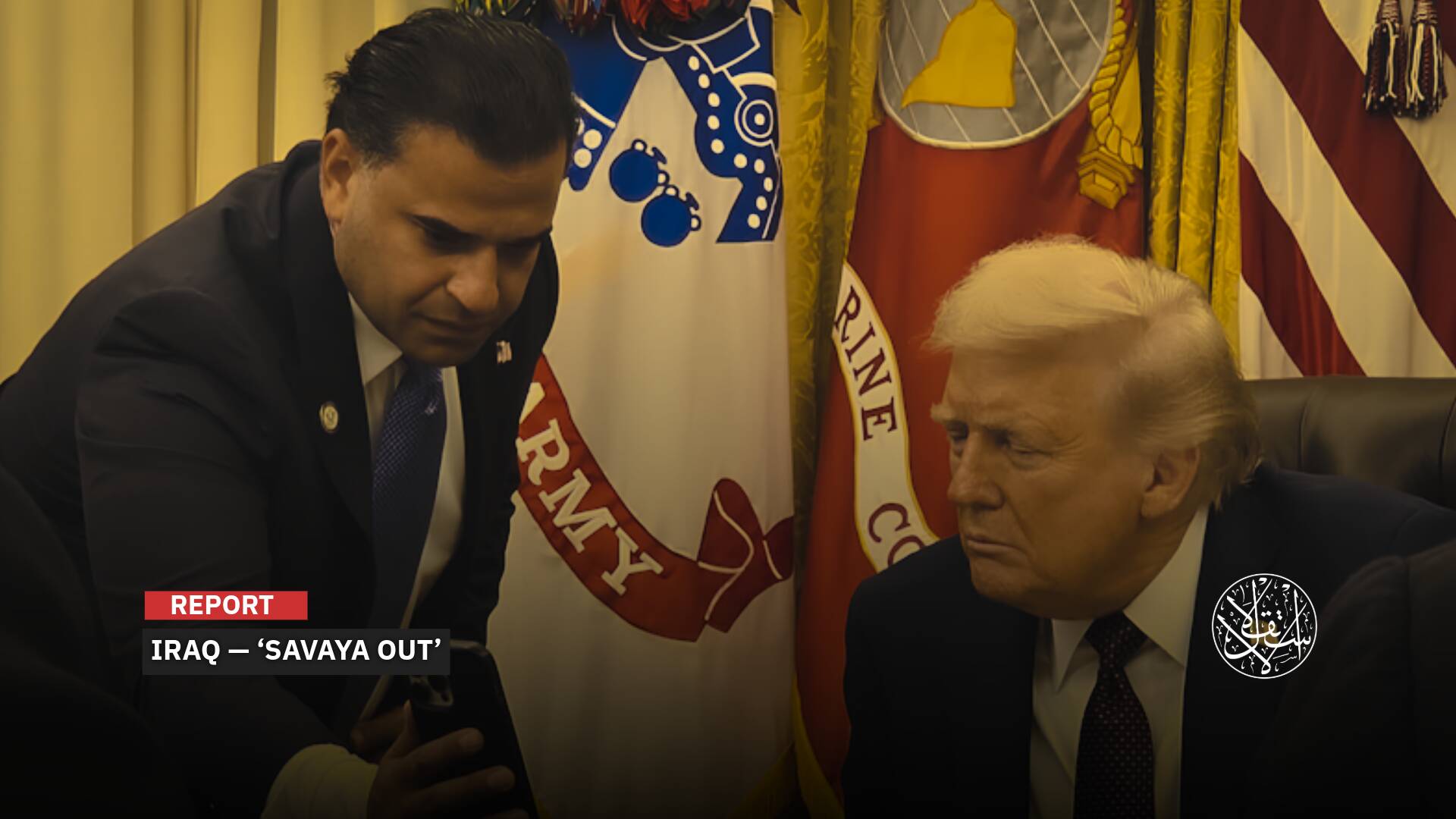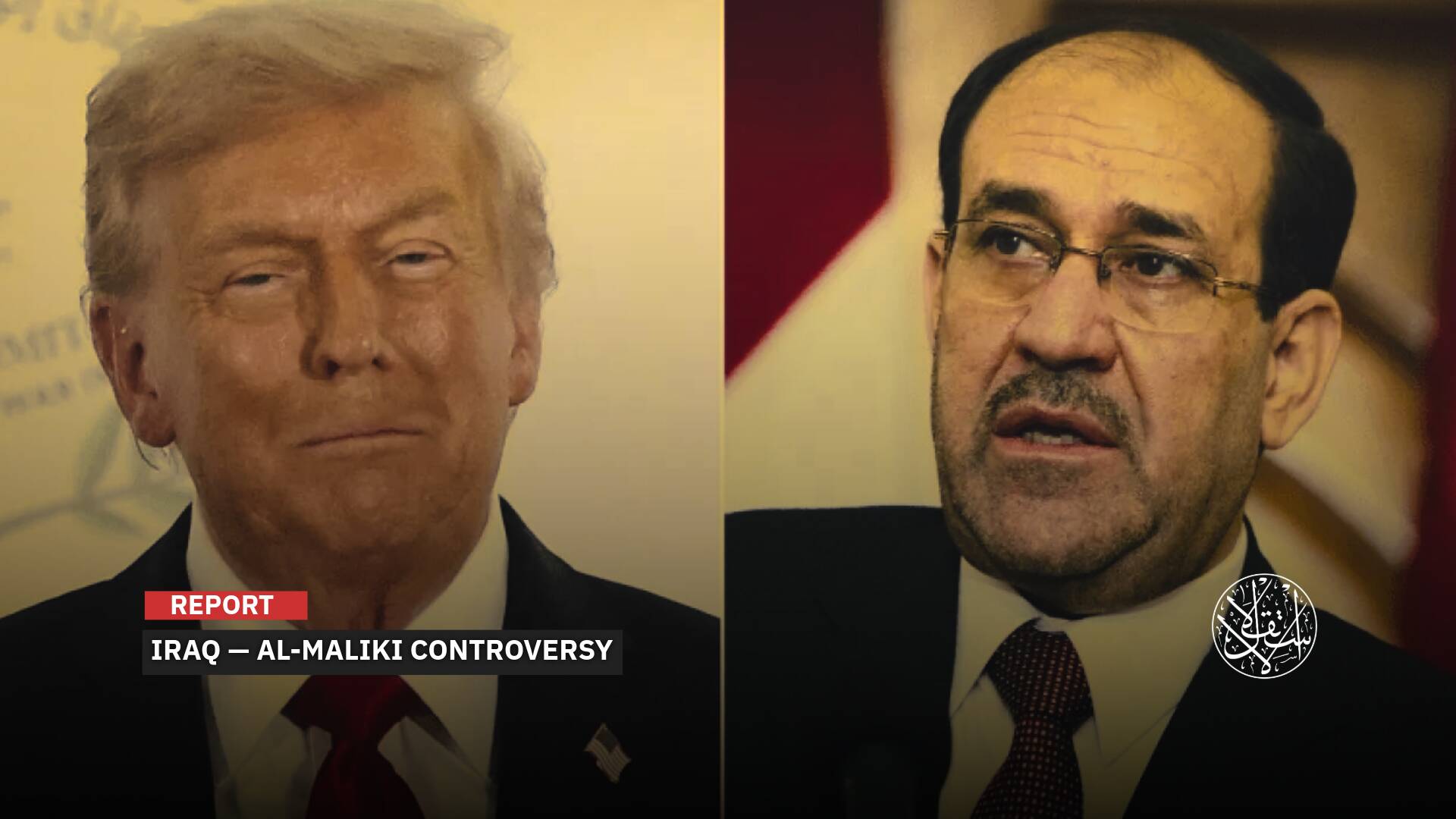Why Do Several Countries, Including Turkiye and the U.S., Avoid Hosting Netanyahu?

With the aim of showcasing a political achievement to the domestic public, Israeli Prime Minister Benjamin Netanyahu is attempting to schedule a meeting with Turkish President Recep Tayyip Erdogan following his victory in the presidential elections in May 2023.
However, such a task does not appear easy for Netanyahu, who formed one of the most extreme governments in the Israeli Occupation’s history in December 2022. He faces occasional internal and external criticism and experiences a semblance of “international isolation.”
Expectations are that this potential visit to Turkiye will encounter official obstacles, as previously happened with several allied countries and others that have shaped their relations with “Tel Aviv” but hindered his visit or avoided hosting him for various reasons.
Low Expectations
In mid-June 2023, Israeli Channel 12 indicated advanced contacts between the Turkish and Israeli sides regarding an attempt to organize a visit by Netanyahu to the capital, Ankara.
The channel mentioned that officials in Netanyahu’s office believe Erdogan will agree to this meeting in light of efforts to rebuild strong relations between “Israel” and Turkiye.
However, according to sources in Turkiye, Ankara is reportedly tempering expectations regarding its response to Netanyahu’s request, indicating a potential setback for the Israeli Prime Minister’s efforts to schedule a meeting with Turkish President Recep Tayyip Erdogan.
Turkish sources indicate that there are difficulties impeding Ankara’s approval of the request, as Erdogan conditions it with “bringing good news regarding the gas issue.”
This refers to Ankara’s desire for “Tel Aviv” to agree to export gas from the occupied Palestinian territories to Europe through Turkish lands.
These leaks came following phone conversations between Israeli Foreign Minister Yair Lapid and his newly appointed Turkish counterpart, Hakan Fidan, on June 15.
In a statement issued by the Israeli Ministry of Foreign Affairs, it was mentioned that Cohen congratulated his Turkish counterpart, Fidan, on his new position.
Meanwhile, Fidan thanked his counterpart Cohen for Israeli assistance to Turkiye after the recent earthquake (which hit several Turkish cities in February 2023).
The statement also noted that Fidan thanked Cohen for the resumption of Israeli airline flights to Turkiye, which will contribute to increasing tourism relations between the two sides.
It added that Fidan discussed with Cohen increasing trade exchange and ways to enhance strategic relations in order to support regional stability and peace.
Cohen had previously met with the Turkish president during a visit to Ankara in February 2023, and Erdogan had previously received Israeli President Isaac Herzog in March 2023.
Meanwhile, Netanyahu had a phone conversation with Erdogan on May 30, 2023, congratulating him on his victory in the second round of the presidential elections, but he has not yet had a meeting with him, like other officials.

After Erdogan’s victory, the Hebrew newspaper Maariv stated that “relations between Turkiye and Israel have witnessed flourishing in the past year as a result of changes in Turkish foreign policy.”
This flourishing has manifested in various aspects, including the elevation of diplomatic relations between the two countries, an increase in bilateral trade volume, cooperation between security agencies, and the dispatch of a rescue mission following the earthquake, as explained by the newspaper on May 31.
However, the newspaper added: “The Palestinian issue, particularly in relation to the behavior towards Hamas and the holy sites in Jerusalem, will remain a focal point of tension and disagreements between the two states.
“In light of this, the Israeli government must seize the opportune moment and continue gradually working to deepen the range of relations with Turkiye.”
The newspaper emphasized the need for caution in deepening cooperation in sensitive security areas due to the fragility of the relationship, as demonstrated in the past decade after the events of the MV Mavi Marmara ship (a Turkish vessel attacked by Israeli forces in 2010 while attempting to break the blockade on Gaza, resulting in the death of 10 Turks).
Reception Suspended
Netanyahu’s attempts to arrange a meeting with Erdogan come after his hopes of meeting with U.S. President Joe Biden at the White House were dashed. While Biden declined the invitation, he extended an invitation to Israeli President Isaac Herzog to visit Washington, according to Hebrew Channel 12.
On March 29, 2023, when asked if he intended to invite Netanyahu to the United States, Biden responded by saying no, that’s not going to happen anytime soon.
He clarified that he had not spoken to Netanyahu personally but had conveyed his recent messages through the U.S. Ambassador to “Tel Aviv,” Thomas Nides.
Usually, U.S. presidents hasten to invite Israeli prime ministers to visit the White House shortly after forming their governments. However, Biden has not done so yet, indicating the extent of the disagreement.
Biden’s remarks came amid public disagreements between the U.S. and “Israel” on various issues, including objections to ministers in Netanyahu’s government, the controversial judicial coup, and the nuclear agreement with Iran.
On March 29, the Axios website quoted two informed American sources stating that the White House had been urging Netanyahu for months to proceed with judicial reforms through consensus, a step that did not happen.
These amendments, which limit the powers of the Supreme Court and grant the government the authority to appoint judges, led tens of thousands of Israelis to protest in Tel Aviv and other cities until Netanyahu abandoned the reforms under Israeli and U.S. popular pressure.
Tensions between the United States and “Israel” increased further after Netanyahu dismissed his defense minister, Yoav Gallant, from his right-wing government in late March 2023 due to controversial statements he made regarding judicial reform, which Gallant said posed a “direct threat” to Israeli security.
Immediately after the dismissal decision, the White House entered intensive and urgent consultations among the president’s advisers to determine the nature of the possible response to Netanyahu’s move, according to Axios. Netanyahu later reversed his decision.
On March 29, Biden rejected allegations of U.S. interference in the Israeli Occupation’s internal affairs amid recent waves of protests. He stated that everyone knows the United States’ position and its support for “Israel.”
In response to journalists’ questions at the White House, he expressed concerns about Israeli democracy, as did many strong supporters of “Israel.”
President Biden, known for his strong support of “Israel,” faces underlying tensions stemming from his history with Prime Minister Netanyahu. The strained relationship between the two leaders has been influenced by Netanyahu’s contentious interactions with Republican opponents, particularly during the tenure of former President Donald Trump.
Tensions also stem from Netanyahu’s attempt to obstruct the passage of the 2015 Iranian nuclear agreement when Biden served as Vice President under then-President Barack Obama.
Specifically on this issue, Haaretz newspaper discussed, on June 8, the Israeli Occupation’s growing concern about losing influence over U.S. governing institutions, particularly with a strong possibility of reaching a new nuclear agreement between Tehran, Washington, and other major powers. This situation would isolate the Israeli government and its Prime Minister.

Delayed Visit
Amidst this isolation, Netanyahu did not expect the newly-established United Arab Emirates, which recently normalized relations with “Israel,” to take a similar step. This complicated his position and internal crises as he sought to present a new achievement to his constituents.
During his previous government and with the mediation of former U.S. President Donald Trump, Netanyahu succeeded in normalizing relations with the UAE and three other Arab countries: Bahrain, Morocco, and Sudan.
The Israeli Prime Minister aimed to visit the UAE in a planned visit at the beginning of January 2023, shortly after forming his new government.
He intended this visit to showcase a new accomplishment and give the impression that the normalization train with Arab countries, especially with Saudi Arabia, the UAE’s ally, was still ongoing. However, the visit was temporarily suspended.
On March 2, 2023, three senior Israeli officials told the Hebrew website Walla that the UAE had canceled Netanyahu’s political visit to the country due to concerns that his behavior during the visit could lead to tensions with Tehran.
The officials claimed that the reason for the postponement had nothing to do with the extremist behavior of National Security Advisor Itamar Ben-Gvir at the al-Aqsa Mosque (as initially reported by Hebrew media), nor was it due to logistical reasons (as claimed by Netanyahu’s close associates).
According to details reported by the Hebrew i24 website, sources familiar with the matter stated that Abu Dhabi wants the visit to focus on the Abraham Accords (the normalization agreements) and the bilateral relations in trade, tourism, and the economy.
The website noted that Netanyahu had other plans for the visit; he intended to use it as a public signal against Iran.
Since forming his new government, Netanyahu has been rallying and advocating for a military solution against the possibility of Iran becoming a “nuclear power.” However, the United States does not favor this option at the current stage.
It appears that this option is no longer the only one on the table, given the Gulf’s de-escalation with Iran, the most recent being the normalization of relations between Tehran and Riyadh in March 2023.
Meanwhile, the UAE expressed concerns that Netanyahu would publicly speak against Iran while on its soil.
Consequently, they feared that such behavior would increase tensions and thus decided to refuse the visit, according to the Hebrew i24 website.
Nevertheless, on May 22, the UAE extended an official invitation to Netanyahu and Israeli President Isaac Herzog to attend the Climate Conference scheduled to take place in Dubai in November 2023.
Regarding this contradiction, Haaretz newspaper stated the following day that if Netanyahu attends the Climate Conference, it will be his first visit to the UAE as Prime Minister.
However, the invitation to the conference, which will be attended by leaders from around the world, is fundamentally different from arranging a separate political visit.

Amidst all these circumstances, and amidst many international variables, including economic crises, the Ukraine war, the focus on reconciliations between Iran and its Arab neighbors, as well as the rejection of unilateral measures regarding the Palestinian situation, Arab and Israeli circles see “Tel Aviv” as more isolated than ever before.
The Jerusalem Post, an Israeli newspaper, stated on March 23, 2023: “The picture is clear, and there is no other way to say this: Israel, today, is becoming increasingly isolated.
“While Netanyahu has been visiting a different European capital almost every week, sometimes it seems like he might have actually preferred skipping the trips altogether after each dress.”
Sources
- This is the right time to deepen relations with Turkiye [Arabic]
- Netanyahu congratulates Erdogan by phone on his victory in the presidential elections [Arabic]
- The White House: Washington currently has no plans to receive the Israeli prime minister [Arabic]
- An Israeli concern about losing influence over the US administration and the “Congress” on the Iranian issue [Arabic]
- Israel is becoming isolated on the world stage - opinion











